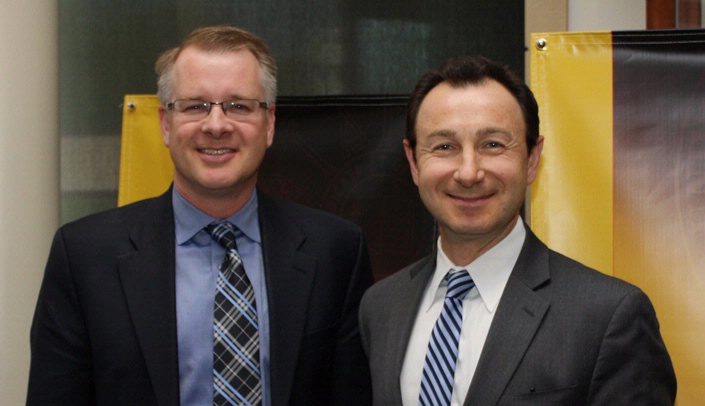Virtual Incision Corporation earlier this month announced that the company has raised $18 million in Series B funding, which will support the company’s 510(k) premarket notification submission to the U.S. Food and Drug Administration (FDA) for its next-generation miniaturized robotically assisted surgical device (RASD).
About the funders
The Series B funding round was co-led by new investor Sinopharm Capital, the private equity fund initiated by Sinopharm Group, China’s largest health care company, and existing investor Bluestem Capital, with participation from PrairieGold Venture Partners and others.
Series B funding is required for startup companies to scale up, to face competitors and to have a market share. The goal of Series B funding is not only to break even but to also have a net profit.
The Virtual Incision RASD is designed to enable physicians to perform less-invasive general surgery abdominal procedures that today are usually performed via large, open incisions, including multi-quadrant surgeries such as colon resection.
“Closing this round of financing launches the development of our miniaturized surgical robot toward our next key milestones, including submission to the FDA for market clearance,” said John Murphy, president and CEO of Virtual Incision.
“The large footprint and dedicated operating suite required to house multi-port or single-port mainframe robots can limit access, especially in smaller hospitals that have only one robotic surgery system. In contrast, our robot is designed to be moved from suite to suite as needed, providing the surgical staff with much more flexibility when it comes to the tools being used during a procedure,” said Shane Farritor, Ph.D., Virtual Incision’s co-founder and chief technology officer. “Our objective is to significantly reduce operating room complexity, with a goal of better clinical outcomes for patients.”
The Virtual Incision RASD was used successfully for the first time to perform colon resection surgery outside the U.S. in 2016 as part of the safety and feasibility trial for the technology.
“Virtual Incision is committed to developing a family of simpler and more cost-effective robotic options targeting multiple procedures including gallbladder removal, hernia repair, colectomy and similar abdominal surgeries,” said Dmitry Oleynikov, M.D., chief of minimally invasive surgery at UNMC and co-founder and chief medical officer of Virtual Incision. “Our elegant technologies will help eliminate the complex and costly surgical robot options currently available, which can weigh nearly 2,000 pounds. Virtual Incision will provide minimally invasive options in a cost-effective and streamlined two-pound package.”
